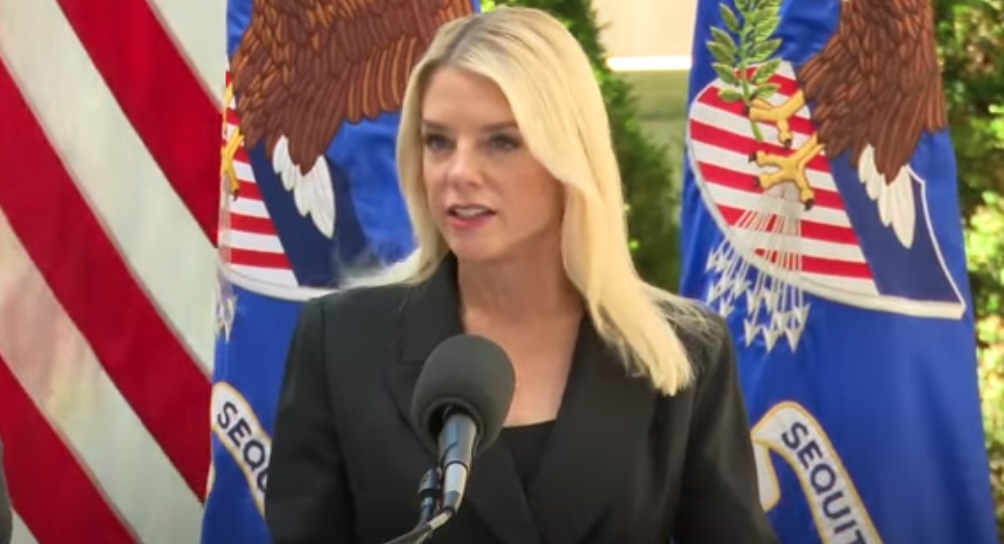General B. Chance Saltzman
Space Force Chief of Space Operations
Bradley Chance Saltzman was born in June 1969 in Davies County, Kentucky. He earned an undergraduate degree from Boston University on an Air Force scholarship. He later completed a Master of Public Administration at the University of Montana, a Master of Strategic Management from the George Washington University School of Business, and has completed a number of other educational programs offered him through the military, including attendance at the University of North Carolina and Harvard Kennedy School.
He received missile training at Vandenberg Air Force Base in California. He graduated as a space weapons officer from the USAF Weapons School. When with the Air Force Intern Program, he was assigned to the Air Force office of the director of intelligence, surveillance, and reconnaissance and the Air Staff History Office. He was later assigned to the National Reconnaissance Office.
He served in the strategy division as the chief of operational assessment for the Air Force during Operation Iraqi Freedom, after which he was assigned as the first chief of combat plans for the Joint Space Operations Center, later becoming chief of combat operations. He has held commands for two space operations squadrons.
Saltzman was deputy director of plans and programs at the Air Force Space Command at Peterson Air Force Base, Colorado. At the establishment of the United States Space Force, Saltzman became acting director of staff for that new service branch.
He was nominated by President Biden to be Chief of Space Operations for the Space Force in July 2022. He was confirmed by a voice vote of the Senate in September 2022.
Saltzman is married to Jennifer, and they have two children.
In the News…
The commander of the U.S. Space Force, General B. Chance Saltzman, testified at a Senate hearing that China’s military has deployed 347 satellites that could target U.S. forces in a future conflict. Thirty-five of them were launched in the past six months.
He reported that Russia is also testing and deploying orbital anti-satellite weapons, which have extensive cyber capabilities and land-based anti-satellite missiles, electronic jammers, and lasers.
The advanced space warfare weapons of China pose “the most immediate threat” to attacks in space, he said. Russian space assets also pose an “acute threat” of attacks or disruptions of U.S. satellites.
General Saltzman said both nations “are intent on targeting perceived U.S. vulnerabilities and eliminating American advantage in the space domain. Both expect space to be a key to future warfare by enabling long-range precision strikes. Both seek information superiority through disabling an adversary’s space communication and navigation systems.”
He said China has deployed lasers that can attack satellite sensors and electronic warfare jammers that can disable GPS satellites and communications satellites.
“The fact that we have to defend against cyber-attacks against ground networks reminds us that ground is also a part of space,” he said, describing China’s cyber capabilities as “extensive and dangerous.”









